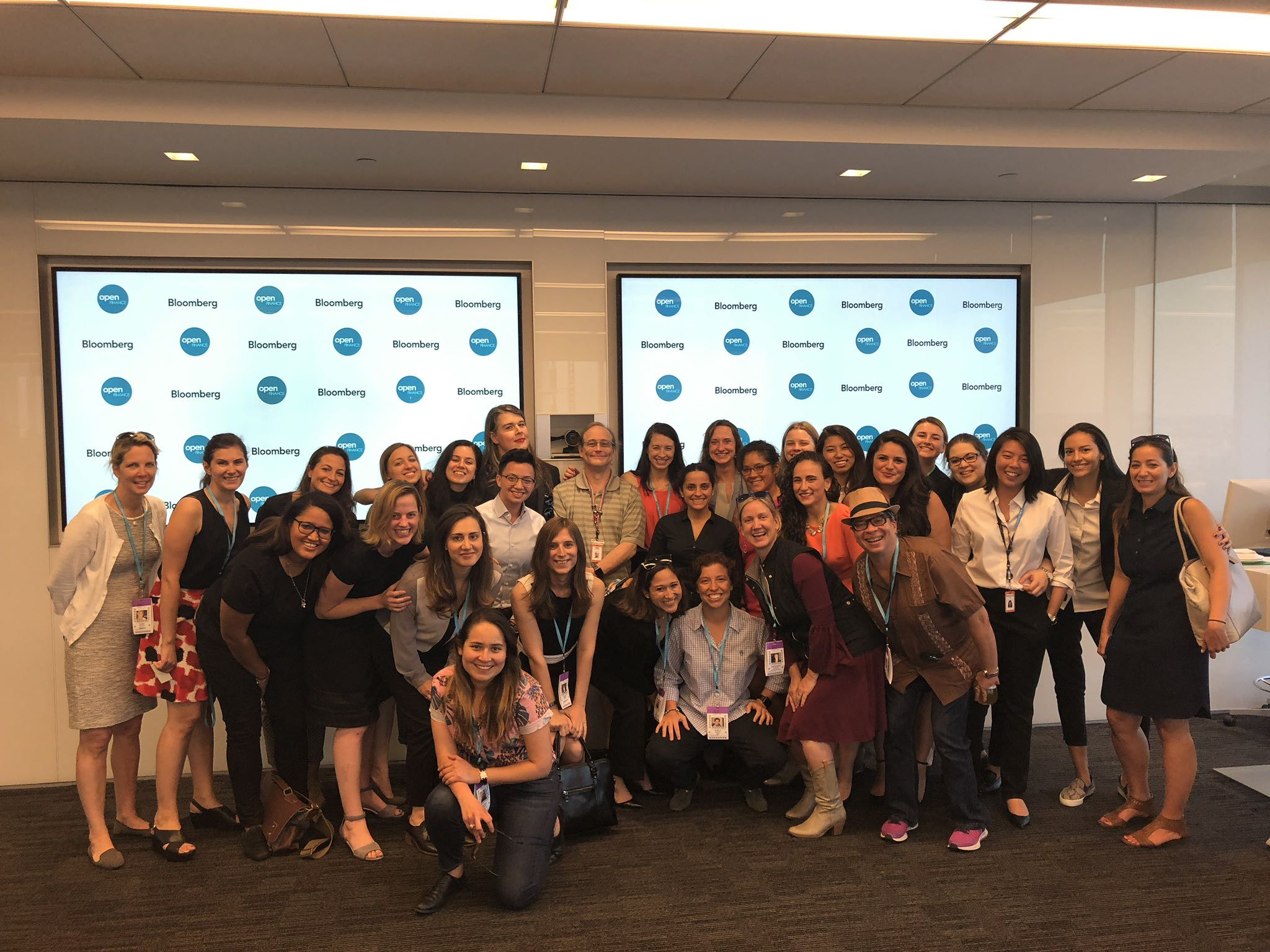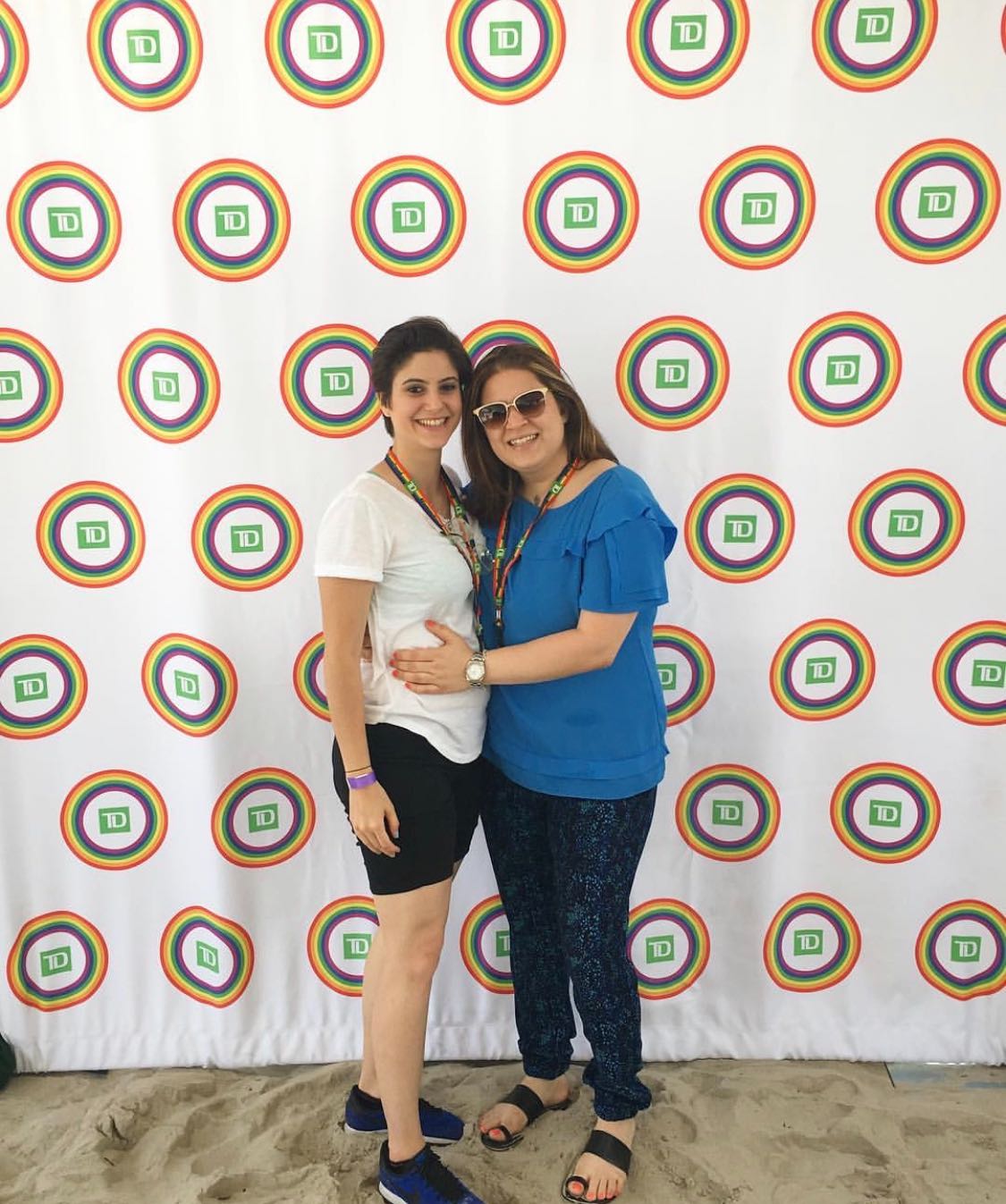Master of Information and Data Science student Christina Papadimitriou received the Spring 2019 Paul Fasana LGBTQ Studies Fellowship for her research using data science for LGBTQ equality and rights. This fellowship supports UC Berkeley School of Information graduate students whose research interests or studies are related to lesbian, gay, bisexual, transgender and/or queer studies in any field or discipline.
Papadimitriou first earned her Bachelor of Science in Chemical Engineering from the University of South Carolina and then pursued a Master of Science in Operations Research from Columbia University. She is currently in the MIDS program while working at J.P. Morgan Chase, and will graduate in May 2019.

Papadimitriou is committed to using data science towards furthering LGBTQ equality. “After moving to New York City from a country where the LGBTQ community is nearly invisible, I have made it my life’s purpose to fight and advocate for LGBTQ rights,” she says. Her commitment to this fight is apparent in her work in and out of the office, and throughout her time in the MIDS program. In addition to her role at JPMorgan Chase, Papadimitriou is also part of the LGBTQ Employee Resource Group leadership team and a member of the Women’s Committee at OPEN Finance (an LGBTQ volunteer network in the Financial Services industry).
“The biggest obstacle in conducting LGBTQ research studies is the shortage of available data in the field,” Papadimitriou shared. This barrier fuels her research goal to create a type of application that converts data online to formal reports about issues the LGBTQ community faces globally.
Her main research method is online data extraction. Using Natural Language Processing techniques such as summarization and machine translation, Papadimitriou plans to convert a variety of unstructured data from the web to generate reports that can formally support LGBTQ rights.
Some of the questions she aims to answer through her research include:
- Why does the LGBTQ community face more discrimination in some countries than others?
- What makes societies “more” or “less” accepting?
- How can we use data to advocate against discriminatory laws?
The fellowship committee noted that Papadimitriou’s support for the LGBTQ community “extends beyond advocacy in her pursuit of LGBTQ research wherein she uses data extraction to provide more available and transparent data sources for future research studies.” They awarded her the fellowship in recognition of her efforts to use data science to identify and provide information on the issues the LGBTQ community faces globally.

“I hope to use data science to help gather data and extract information,” Papadimitriou said, “to eventually help guide policies that support equality and LGBTQ rights.”











